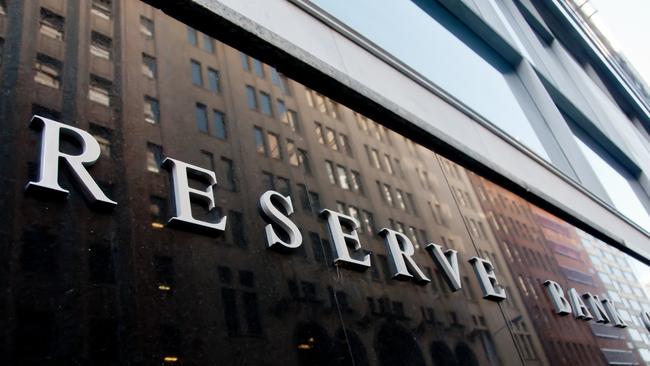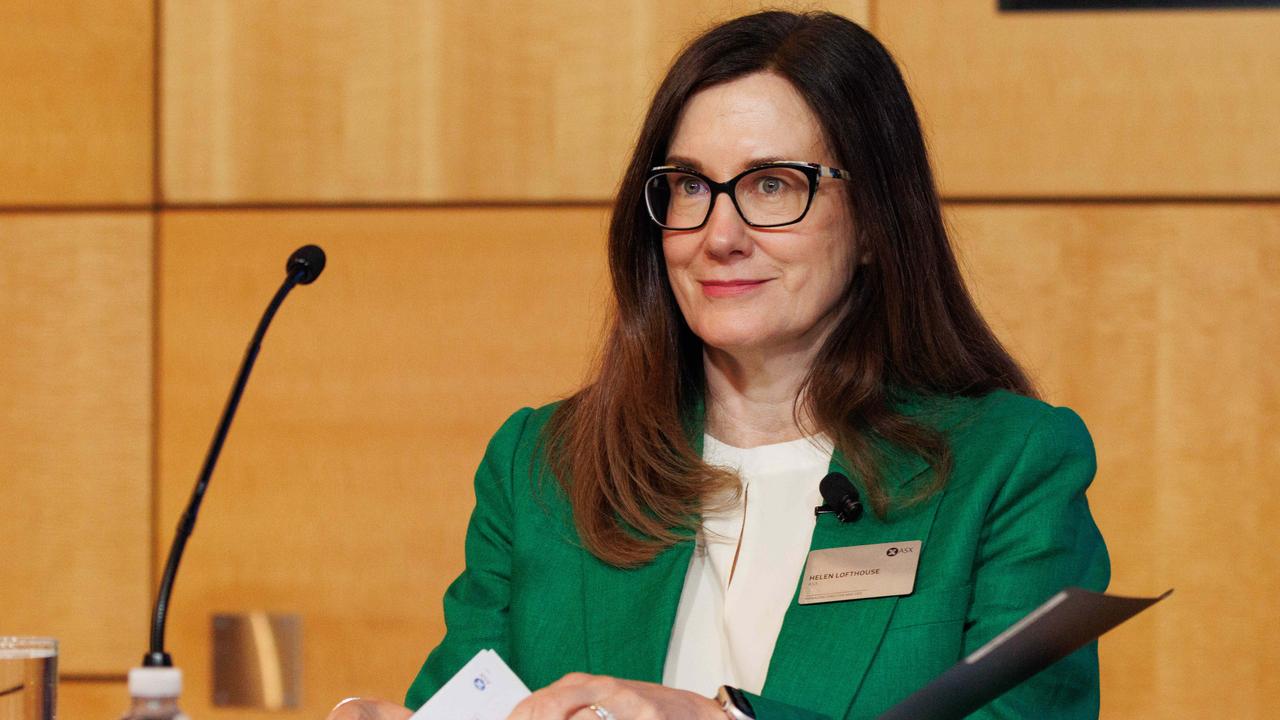Reserve Bank of Australia to take a closer look at passive investors
The Reserve Bank plans to study the impact of the rising popularity of index funds and exchange traded funds.

The Reserve Bank plans to monitor the impact of passive investors owning an increasingly large amount of the sharemarket as index and exchange-traded funds grow in popularity, a parliamentary committee has been told.
Reserve Bank deputy governor Guy Debelle on Wednesday told the House of Representatives standing committee on economics’ probe into common ownership and capital concentration that the issue of large funds increasing their stakes in companies “had come to the fore”.
“It’s becoming more of a prominent issue … as both the size of funds under management continues to grow, but also as we’ve seen the rise of passive index funds, ETFs in particular, which are a more recent phenomenon in Australia than they are in other countries, at least in terms of material take-up and the like.
“So as that market structure continues to evolve, it is something that we are going to be paying attention to and analysing.”
His comments come as the committee probes the competition impacts of large investors, including super funds, holding common ownership of Australia’s largest infrastructure assets and companies.
Data from the Reserve Bank supplied to the committee shows that over the past 15 years the share of equity owned by super funds has increased sharply to more than 25 per cent.
In that same time, the amount owned by households fell from more than 15 per cent to about 10 per cent, raising questions as to whether common ownership of several competing companies can prompt anti-competitive behaviour.
It also raises governance issues over how large investors should best exercise their growing voting stakes in companies.
Dr Debelle said the issue was subject to an amount of debate.
“If you have such a large share of equity in a company held by a large, passive index fund, it does raise pretty interesting governance issues,” he said.
“They still have a fiduciary duty in all senses to the investors in their fund, and so it’s an interesting question as to what that implies as to how they should be deploying their voting rights.”
Dr Debelle said classifying an institutional investor as “passive” or “active” came down to the individual investor in question.
“You see some super funds that are more or less activists, some passive funds that are more or less activists,” he said.
Later, industry superannuation fund Cbus told the committee that it did not pose common ownership or capital concentration concerns, as it worked to finalise its merger with fellow industry fund Media Super.
Cbus chief executive Justin Arter said the super fund – which manages the retirement savings of building and construction workers – did not own large stakes in competing firms.
“Cbus shareholding in individual publicly listed ASX companies is typically less than 5 per cent, and very often less than one per cent,” Mr Arter said.
“Cbus’s total Australian equities holdings represent around 0.6 per cent of the overall market.
“Cbus has three substantial positions, which are those defined as being greater than 5 per cent and no positions over 10 per cent. The three substantials we have are in distinctly different sectors.”
The $65bn fund is set to merge with the much smaller Media Super by mid-next year, creating a fund with more than $70bn in assets and about 850,000 members.
Mr Arter said there were undeniable benefits in super funds increasing in size from a members’ perspective. He did not reveal whether Cbus had engaged in acquisition or merger talks with $6bn energy industry fund EISS when asked by committee chairman Tim Wilson.
“We have discussions with lots of smaller funds all the time,” he said.
“I don’t think it would be in anyone’s interest to disclose that.”
Mr Arter also shied away from expressing a view on mandatory vaccination policies, following widespread multi-day protests in Melbourne from construction workers opposing an industry-wide vaccine mandate.
“I thought we were here to talk about matters of concentration, but in answer to your question, we’re not an expert on these matters at all, on vaccinations,” he said.



To join the conversation, please log in. Don't have an account? Register
Join the conversation, you are commenting as Logout